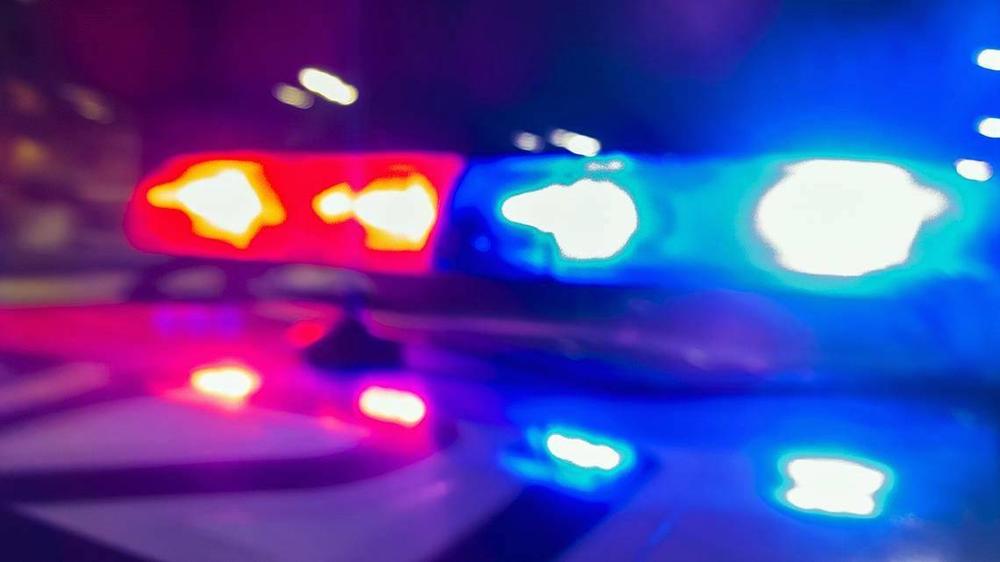
Caption
Hitting record when law enforcement is involved can be intimidating. Here’s what to know about recording in public places.
Credit: The Macon Telegraph

Hitting record when law enforcement is involved can be intimidating. Here’s what to know about recording in public places.
Technology allows us to be closer than ever before, but sometimes it can get us into some controversial situations.
For example, recording arrests or police activity. From Rodney King to George Floyd, recordings of police activity have changed our world.
Is it ever wrong to record uniformed law enforcement at work? Is it always legal to record an arrest? Could you face arrest if you record the police in the Peach State?
Here’s what to know before you press record.
According to the University of Georgia’s school of law, “Under the First Amendment, citizens have the right to record the police performing their duties in public. This right is essential to informing the public about police activity and holding government accountable for the actions of law enforcement.”
Specifically in Georgia, the Atlanta Police Department cannot interfere with a citizen’s right to record and they can’t delete or destroy the recording.
If you are thinking of recording an arrest, crime or police activity of some sort:
This story comes to GPB through a reporting partnership with The Telegraph.